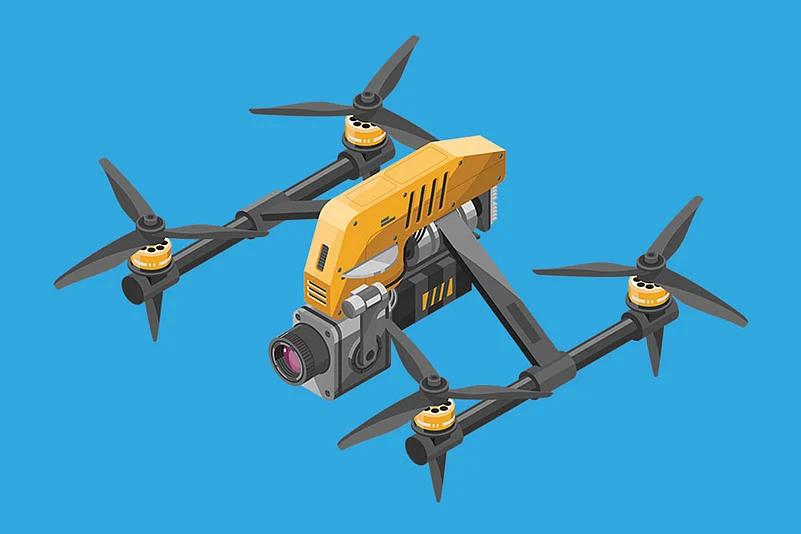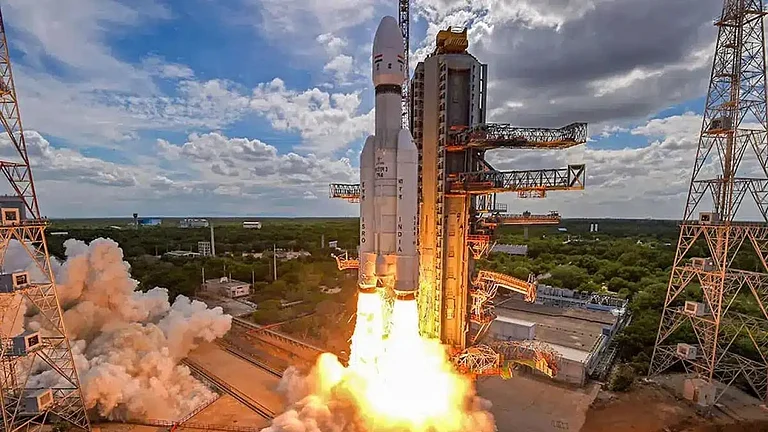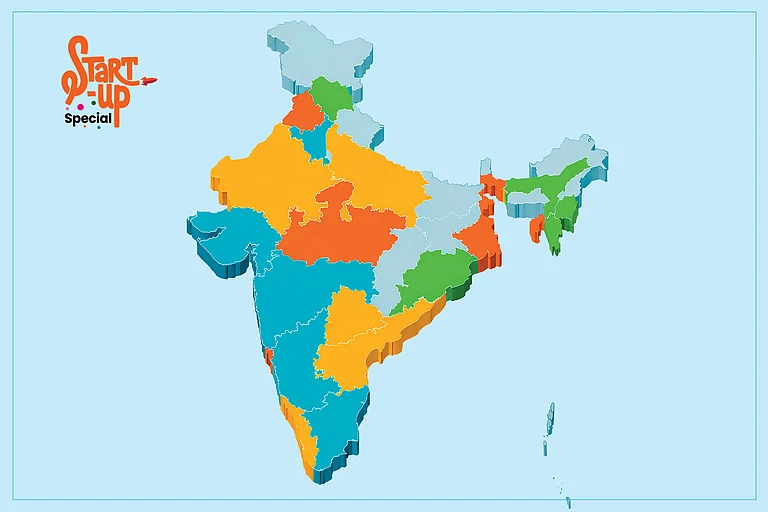India’s defence and space start-up ecosystems have witnessed exponential growth in recent years, with over 1,000 defence and 250 space start-ups driving deep-tech innovation. Government initiatives such as Innovations for Defence Excellence (iDEX), positive indigenisation lists and allocation of 75% of the defence capital budget for domestic procurement, along with support from Indian National Space Promotion and Authorisation Centre (InSpace), have created vast opportunities.
These start-ups are focused on developing new products, technologies and intellectual property, setting them apart from service-oriented start-ups in information technology (IT) services, fintech and ecommerce.
Product-based start-ups offer unique opportunities and challenges. Innovation drives the creation of products that can be scaled globally. Once developed, successful products can be replicated and sold to multiple customers without requiring constant resource allocation. This enables start-ups to create proprietary technologies and intellectual property (IP), which gives them a competitive edge in global markets.
Products often lead to sustainable, long-term revenue streams through sales and licensing, making them attractive to investors due to their high return potential and scalability. However, to succeed internationally, products must match or exceed competitors in terms of quality, cost-effectiveness and adoption.
Indian defence and space start-ups are creating world-class products and gaining traction in domestic market. But they are yet to turn global in the manner of Anduril, Skydio, SpaceX or Palantir, each a multi-billion-dollar unicorn with established global footprints. Taking the leap forward to the global stage is the next exciting challenge for Indian defence and space ventures. The experiences of start-ups from other countries can provide useful insights.
Example Israel
Armis, a global leader in internet of things (IoT) cybersecurity with customers in over 165 countries, was founded in Israel and launched its first IoT cybersecurity solution in 2016. Like many Israeli start-ups, its roots trace back to Unit 8200 of the Israel Defence Forces (IDF). Recognising the potential of the US market, Armis established its US subsidiary in Palo Alto, California. It raised Series A funding in 2017, Series B in 2018 and achieved unicorn status by 2020. By 2024, the company was valued at $4.3bn.
Armis exemplifies the success of Israeli start-ups leveraging the US market, a trend initiated by Gil Shwed, the visionary founder of Checkpoint in the 1990s. Using the US as a launch pad, he was able to make Checkpoint a $20bn company and Checkpoint firewalls a household name in computer security worldwide.
"Indian defence and space start-ups are creating world-class products and gaining traction in domestic market...the leap forward to the global stage is the next challenge"
Israeli defence start-ups have benefited greatly from expanding into the US market, gaining access to a vast customer base, venture capital and strategic industry partnerships, which enabled rapid scaling. Additionally, the broader Israeli start-up ecosystem has benefited from an influx of venture capital and foreign direct investment.
Intellectual property created by these companies has gained global recognition, establishing standards and patents that spurred the development of new products and deepened their value. The Israeli ecosystem, enriched by successful companies, has paved the way for new start-ups to thrive by leveraging mentorship, networks and resources established by their trailblazing predecessors.
Indian Resemblance
India’s current defence and space start-up journey has several resemblances to Israel’s start-up story of the 1990s. In Israel, Unit 8200 of the IDF played a key role supported by government initiatives like the iconic Yozma fund. The strategic partnership between Israel and the US, including the US-Israel Binational Industrial Research and Development (BIRD) Foundation, further facilitated the start-up connection between Israel and the US.
The Indian defence start-up ecosystem is mainly propelled by the iDEX programme of the Ministry of Defence. The space start-up sector also gained traction with the introduction of 75 space challenges under iDEX at DefExpo 2022 in Gandhinagar, Gujarat.
The Government of India’s Fund of Funds, managed by Sidbi [Small Industries Development Bank of India], has supported the growth of the private venture ecosystem, much like Israel’s Yozma fund and has led to India’s first venture capital fund focused on defence and space: MGF-Kavachh.
Bilateral initiatives such as INDUS-X [India-US Defence Acceleration Ecosystem] and iCET [United States-India Initiative on Critical and Emerging Technology] serve to promote collaboration in innovation between India and the US in defence, space and other critical and emerging sectors.
Some iDEX winners like 3rdiTech and New Space Research Technologies (NRT) have made initial forays into the US market. In 2023, 3rdiTech signed a cooperative research and development agreement (CRADA) with the US Space Force and the US Air Force Research Lab (USAFRL). NRT also secured a CRADA with USAFRL and is in talks with the US military.
The Hurdles
But entering the US markets presents several challenges for Indian start-ups. These include regulatory and compliance hurdles, security clearances from established US companies and local start-ups, raising capital, IP ownership among others.
To overcome these obstacles, many start-ups access US-based accelerators for support and network for global entry. However, these programmes often come at a steep cost, making them financially challenging for many Indian start-ups.
Several countries have programmes that subsidise the global expansion of their start-ups. For example, the Israel Innovation Authority supports Israeli start-ups to run pilot programmes with multinational corporations abroad. South Korea, Australia and France also provide support to their start-ups.
And now for the first time, Indian start-ups in defence and space sectors are showing potential to go global, with the US as an ideal launchpad. The India-US Comprehensive Global and Strategic Partnership, rooted in trust and family bonds, offers unique advantages for market expansion.
Platforms like INDUS-X and iCET can facilitate this journey. Targeted financial incentives from the Union government, modelled on global best practices, could help promising start-ups overcome initial barriers to establishing a presence in the US, unlocking their potential for global success.
India’s defence and space start-ups have made remarkable strides in recent years. Their next major challenge lies in expanding globally. With the right support and strategic international partnerships, India can foster an India-US Start-up Bridge that could help start-ups break into the global market, positioning India as a key player in the global innovation race.
The writer is former defence secretary and distinguished visiting professor, IIT Kanpur











